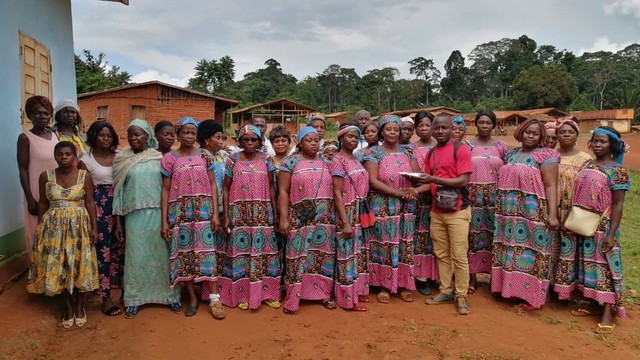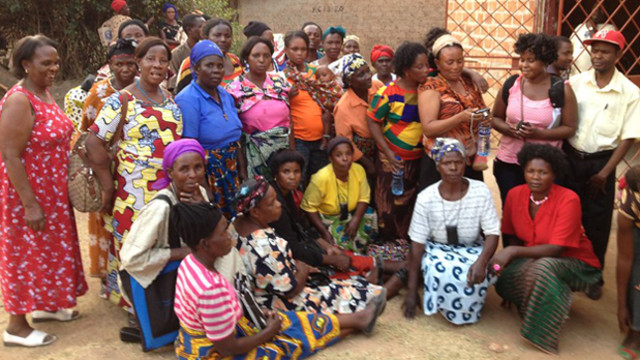Local organizations: introduction
These pages focus on the role of local organizations in international development and environmental management. Many profiles of local organizations can be downloaded at no charge.
The role of local organizations is often overlooked. Discussions and debates on development and environmental management are dominated by bilateral aid agencies, development banks, national governments and international non-governmental organisations (NGOs). But these are only as effective as the (mostly local) organizations that their funding supports.
All poverty reduction is local. Much of what the poor require — schools, healthcare, water and sanitation, land, social safety nets, rule of law, getting onto voter registers — must be obtained from local organizations: local government agencies, local NGOs or local community organizations. Many barriers to poverty reduction are local: local power structures, land-owning patterns, and anti-poor politicians, bureaucracies and regulations.
These web pages have profiles of local organizations that have sought to address these issues. Some are local NGOs, some are grassroots organizations and some are partnerships between grassroots organizations and local NGOs. They all function on a local level, have intimate knowledge of the local context and seek to be accountable to local populations. Many operate on very small budgets, outside the main funding flows and frameworks. Yet they are not isolated from larger governance issues; indeed, much pro-poor political change has been catalysed by local innovations and by political pressure from grassroots organizations and their associations.
The local organization profiles that can be accessed from this site illustrate the knowledge and experience of local organizations and their effectiveness. These profiles also give local organizations the opportunity to discuss what constrains their greater effectiveness (or possibilities to increase their scale and scope) and what kinds of external support would best suit their goals. The aim is to go beyond documenting and disseminating the work of local organizations, and to allow those who work in them to suggest how international funding and frameworks can better support their work and the work of their partners and to challenge the current modes by which international funding is managed.
To date, a set of twelve profiles has been published in IIED’s Gatekeeper series.
The journal Environment and Urbanization has also published many profiles of local organizations, a number of which are included in this site.
The publications featured in these pages have been developed in collaboration with the local organizations they profile.
- Association Andes
- Casa Pueblo
- IIED-América Latina
- ORAP
- Pastoral Women’s Council
- The Urban Resource Centre
- The Urban Poor Development Fund
- Uplink/UPC
- The Asian Coalition for Housing Rights
- Orangi Pilot Project (with TTRC and Zobu Goth)
- Hamyaran, Iran
- Self Employed Women’s Association
- Community Integrated Development, Cairo
IIED and its partners are grateful to Irish Aid, the Dutch Ministry of Foreign Affairs (DGIS), the Department for International Development (DFID), and the Norwegian Agency for Development Cooperation (NORAD) for their support for this work on local organizations.



